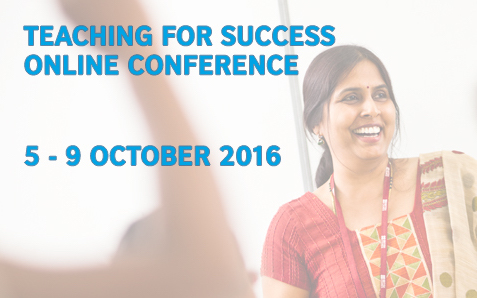
Over the past twenty-five years or so, our profession has undergone a series of soft assaults from educational technologies (EdTech), beginning with computer rooms and the first truly multimedia computers, running through early Internet experiments and on through the age of Interactive Whiteboards (IWBs), Web 2.0, the 'social web'; and more. And today we find ourselves in the 'mobile era'. But how can we be sure that this technology - unlike many of its predecessors - will remain in our arsenal long enough to justify institutional expense - both from a financial point of view, and in terms of investing in CPD and teacher support?
In this session we look at ten reasons why mobile and handheld learning (mLearning) - whether on an institutionally-led basis, or as part of a 'bring your own device' (BYOD) initiative - may have a greater chance of success than any other technology we have implemented in the past. Over the course of those ten points, we examine mLearning through an institutional lens, and through the lenses of both the learner and the teacher, in order to judge whether mLearning is, finally, the EdTech solution we have been waiting for.
About the speaker:
Gavin has worked in education for the past 24 years, as a teacher, materials developer, IT manager and web/user interface designer and his blend of pedagogical and technical skills has taken him around the world for a variety of organisations including International House World Organisation (http://www.ihworld.com), the British Council (http://www.britishcouncil.org) and others - helping them to bridge the gap between their training and teaching portfolio and their technical needs.
Until the end of 2003 he held two posts: the first as Head of the New Technologies Department at International House Barcelona and the second as Lead Developer for the online training centre Net Languages. In 2003 he set up The Consultants-E with Nicky Hockly. He is a past coordinator of the IATEFL Learning Technologies Special Interest Group and also past editor of the SIG newsletter. In 2007 he was elected Honorary Secretary of IATEFL, and in 2011 became the first Chair of the Electronic Committee (ElCom).
His company The Consultants-E works primarily in online teacher development and training and their Cert ICT course won a British Council ELTon in 2007. Among their other courses they also offer the only online Cert IBET course.